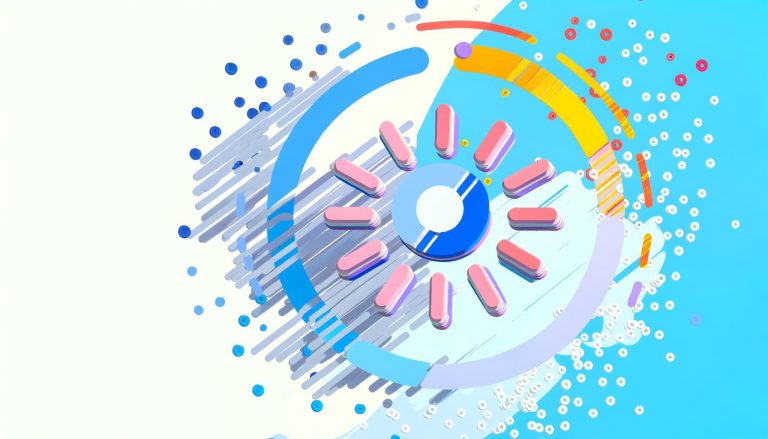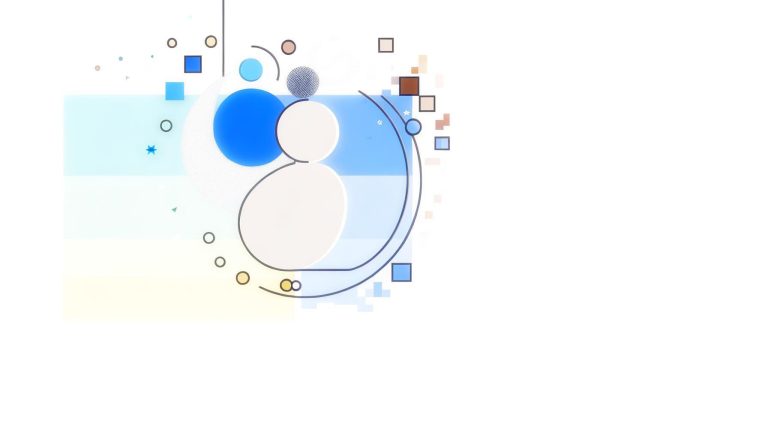In our increasingly globalized society, more and more individuals find themselves grappling with a cultural identity crisis, especially within multicultural contexts. The mental health implications of navigating such crises can be profound and multifaceted. Fortunately, advancements in Artificial Intelligence (AI) offer promising tools to help address these issues. This article explores how AI tools can support individuals dealing with cultural identity crises, particularly in the realm of multicultural mental health.
Understanding Cultural Identity Crisis
A cultural identity crisis involves the sometimes painful process of reconciling differing aspects of one’s heritage, beliefs, and values within a multicultural environment. This kind of identity conflict can arise from:
- Migration
- Intercultural relationships
- Adoption
- Globalization and travel
What is a Cultural Identity Crisis?
A cultural identity crisis can create feelings of confusion, isolation, and distress. It often manifests as an internal struggle where individuals feel caught between two or more cultural worlds, striving to create a cohesive self-identity. This identity crisis can impact one’s overall mental well-being and daily functioning.
The Role of AI in Addressing Cultural Identity Crises
Personalised Mental Health Support
AI tools can offer personalized support that caters specifically to an individual’s unique cultural background and experiences. Through analyzing data such as user input, mood tracking, and past interactions, AI-powered apps can provide tailored advice and coping strategies that are culturally sensitive and relevant.
24/7 Accessibility
One of the critical advantages of AI-driven mental health tools is their accessibility. Unlike traditional therapy sessions that are bound by time and location, AI tools are available 24/7. This round-the-clock availability ensures that individuals have access to immediate support whenever they need it.
Data-Driven Insights
AI tools can harness vast amounts of data to identify patterns and trends in an individual’s mental health journey. These insights can be instrumental in understanding specific triggers of a cultural identity crisis and devising personalized coping mechanisms.
Promoting Self-Reflection
AI tools often include features such as journaling, which can promote self-reflection and help individuals understand their cultural identity on a deeper level. By encouraging regular entries, these tools can facilitate a continuous process of self-discovery.
For example, the Zenora app provides features like mood tracking through journal entries and goal setting, which can be particularly beneficial for someone navigating a cultural identity crisis. These features offer a structured approach to understand one’s emotional journey.
Language and Cultural Sensitivity
AI can be programmed to understand and respect cultural nuances and linguistic preferences, making it easier to communicate complex emotions and cultural dilemmas. This sensitivity can be particularly beneficial for non-native speakers who might find it challenging to express their feelings in a foreign language.
Benefits of AI Tools for Multicultural Mental Health
Enhanced Empathy and Understanding
By leveraging Natural Language Processing (NLP) and machine learning algorithms, AI tools can detect emotional nuances and provide responses that demonstrate empathy and understanding. This can help individuals feel seen and heard, which is critical in managing a cultural identity crisis.
Community and Peer Support
AI platforms often include community support features, where users can interact with others who are experiencing similar struggles. This can create a sense of belonging and reduce the feelings of isolation that often accompany a cultural identity crisis.
Continuous Monitoring and Feedback
AI tools can continuously monitor an individual’s mental health status and provide real-time feedback. This ongoing support can aid in early identification of issues and timely intervention, which is crucial in managing the complexity of cultural identity crises.
Cost-Effective Solutions
Traditional therapy can be expensive and inaccessible for many. AI-driven mental health tools, however, offer a more cost-effective alternative, making mental health support more accessible to a broader population.
Practical Tips for Using AI Tools for Cultural Identity Crises
- Consistency: Regular use of AI mental health tools can offer more reliable insights and support.
- Engage with Features: Make use of all features such as journaling, mood tracking, and goal setting to get the most out of the tool.
- Be Honest: Provide accurate and honest input to get tailored support and advice.
- Seek Community: Engage with community features to build connections and find support from others facing similar challenges.
- Feedback: Provide feedback to help improve the AI tool’s performance and relevance to your unique needs.
Challenges and Ethical Considerations
Privacy Concerns
One of the primary concerns with AI tools is data privacy. Users must be assured that their data is secure and used ethically. It is crucial for developers to implement robust data protection mechanisms to safeguard user privacy.
Bias in Algorithms
AI algorithms can sometimes contain inherent biases that may affect their effectiveness in multicultural contexts. Continuous efforts are required to ensure these algorithms are inclusive and representative of diverse cultural experiences.
Dependence on Technology
While AI tools offer many benefits, there is a risk of individuals becoming overly dependent on technology for mental health support. It is essential to strike a balance and also consider traditional forms of therapy and support when needed.
Conclusion
AI tools hold tremendous potential in addressing cultural identity crises within the multicultural mental health landscape. Through personalized support, 24/7 accessibility, data-driven insights, and a focus on cultural sensitivity, these tools can offer valuable assistance to those navigating the complexities of a multicultural identity. However, it is crucial to remain mindful of challenges such as data privacy and algorithmic bias to ensure these tools are safe and effective for everyone.
If you’re navigating a cultural identity crisis, consider integrating AI tools into your mental health support system. Apps like Zenora, with features such as mood tracking, journaling, and goal-setting, can provide structured and empathetic support to help you on your journey towards a cohesive and fulfilling cultural identity.





